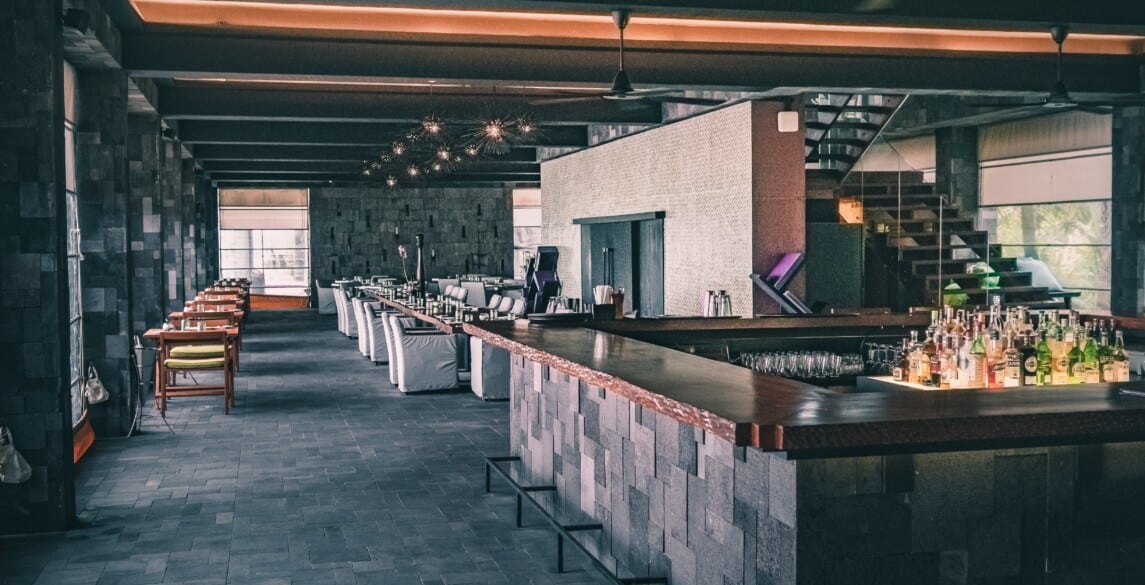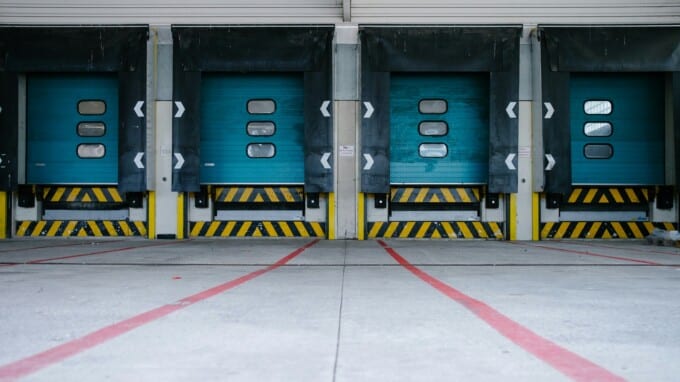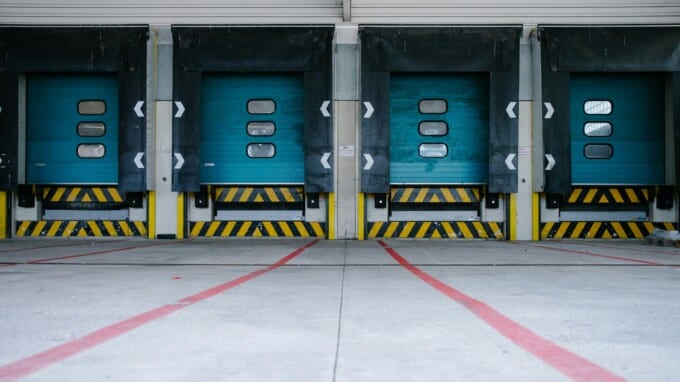Emerging Trends in Hospitality Logistics
Is your logistics partner keeping up with the latest trends and developments? With the primary goal of providing quality customer experiences, the hospitality industry needs to constantly evolve in the logistics space.

The hospitality industry is comprised of four main service areas: food & beverage, travel & tourism, lodging and recreation. These sectors are complex and interconnected with the primary goal of providing quality customer service and experiences. Logistics play an important role in hospitality: with increased customer expectations comes the need for new and advanced solutions. From inventory management to supply chain efficiencies and sustainability, learn how technology and innovation are reshaping the hospitality approach.
Inventory Management: Optimizing Stock Control and Efficiency
Inventory is in constant fluctuation across hotels, restaurants and other hospitality businesses. In an industry that depends on the demand of its customers, it’s not always a straightforward path to inventory fulfillment and control. For example, perishable items need to be ordered on an as-needed basis, which requires careful monitoring. For the tourism sector, destinations may experience wide-ranging demand based on busy seasons. This kind of volatility makes efficient and comprehensive logistics management imperative.
Technologies for Improved Inventory Management
The right technology is critical in supporting a hospitality business’ logistics needs. Hilldrup offers an online real-time tracking and monitoring system. After logging into the secure site, hospitality partners can see their most up-to-date inventory information. With technology like this, processes can be automated (i.e., replenishment and invoicing). There’s also the ability to use previous data to forecast future orders and financial investments.
Supply Chain Visibility: Enhancing Transparency and Efficiency
Supply chains are often complex with many players and materials involved. When something goes wrong (e.g., delayed deliveries or mishandled goods), it can take time before the product gets back to the business. Hospitality is all about serving customers, and something as simple as a delayed shipment of fresh vegetables can delay menu offerings and overall satisfaction. It’s important for businesses to seek visibility, so they can play an active role in the process and ensure the delivery of what they need.
Innovations Driving Improved Supply Chain Visibility

With the help of new advancements, businesses can use visibility platforms to keep track of their product through all steps in the supply and distribution chain. This inside look helps to reduce unnecessary errors or delays and improves customer satisfaction. There are many software options to consider, some of which include Internet of Things (IoT) sensor technologies—which connect to devices for collecting and transmitting data—and AI-powered analytics. This type of technology offers a proactive approach to a complex system that in the past has seemed out of organizations’ control.
Final Mile Delivery: Ensuring Timely and Accurate Service
Final mile delivery is the last leg of delivery. It’s often considered one of the most crucial steps because it’s the most forward-facing part to the customer. Especially for the hospitality industry that is so reliant on customer satisfaction and experience, it’s important that items are in place on time and meeting expectations. Common challenges include time constraints, complex delivery routes and timing.
Emerging Trends Revolutionizing Final Mile Delivery
As expectations rise among customers, there is less room for error. The final mile industry is expected to grow nearly 9% by 2030, and a big part of that is because of advanced technology and automation. To keep up with demand, organizations are opting for final mile services that utilize delivery management software. Software allows real-time tracking in terms of routing and confirming delivery, while new forms of transportation can help with speed, reliability and sustainability.
Sustainability in Hospitality Logistics: Promoting Environmental Responsibility
Sustainability continues to rise as a priority business goal for all organizations, especially hospitality. The Sustainable Hospitality Alliance has reported the industry needs to reduce its per-room carbon emission output by 66% by 2030 and 90% by 2050. Hitting such goals is a win-win-win for the environment, businesses and guests who share similar ideals.
Innovations Fostering Sustainability in Logistics
Logistics providers are making the switch to electric vehicles, using renewable energy when and where possible and implementing eco-friendly packaging. These sustainable choices don’t have to negatively affect customer experience; in fact, when an organization makes a pledge to the environment, customers are more likely to support and admire the brand.
People still want to enjoy a nice vacation or dinner, but they also want to know these experiences aren’t unnecessarily adding to the world’s environmental challenges. Hospitality partners can do their part by adopting circular economy practices and recycling initiatives to extend the lifespan of items and supplies.
Evolving Your Approach Logistics Solutions
Is your logistics partner keeping up with the latest trends and developments? To keep up with customer demand, meet expectations and find efficiencies in your business, inventory management systems, supply chain visibility, final mile and sustainability are all important considerations. Technology, specifically, will continue to play a critical role in operational success.
Hilldrup is a leading partner in the logistics and final mile space. We’re ahead of the curve— offering real-time asset management, providing operational guidance and being the reliable partner ensuring your goods make it to their final destination. With the logistics in our hands, you can focus more on customer satisfaction.
Take a look at our previous work and services and contact us today to learn more!


